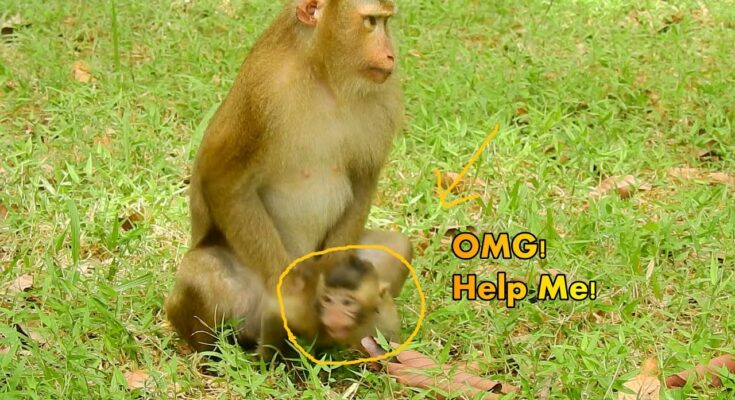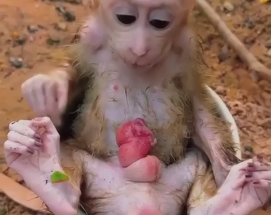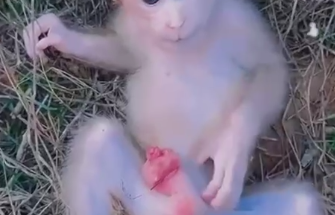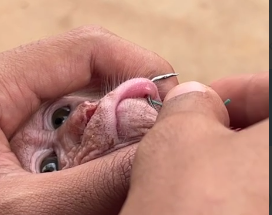Have you ever wondered how monkeys choose their mates or what their mating rituals look like? In the wild, primates have some of the most fascinating behaviors when it comes to love, dominance, and reproduction.
Let’s explore the surprising, sometimes strange, and always fascinating world of monkey mating—explained in simple terms for everyone to understand.
 How Do Monkeys Choose a Mate?
How Do Monkeys Choose a Mate?
Monkey mating isn’t random. In most species:
- Females select the male based on strength, grooming behavior, and dominance.
- Males fight for access, showing off their aggression, size, or vocal power.
- Some monkeys, like baboons, form bonds through grooming, sharing food, or simply sticking close.
Interesting Fact: In some monkey species, females may mate with multiple males to confuse paternity and avoid aggression toward their babies.
 Mating Seasons and Signals
Mating Seasons and Signals
Not all monkeys mate year-round. Many species follow mating seasons, especially during the rainy months when food is more available.
- Females often show physical signals like swollen rumps (in baboons and chimps).
- Some emit strong scents or make specific calls to attract males.
- These signs tell males that the female is in estrus (fertile).
 Is It Just About Reproduction?
Is It Just About Reproduction?
Surprisingly, mating isn’t always about reproduction. Among some primates:
- Mating can be used for social bonding.
- It’s sometimes done to reduce tension in the group.
- Certain behaviors, like same-sex mounting, occur as part of social dominance—not just reproduction.
 What Happens After Mating?
What Happens After Mating?
After successful mating:
- The female usually takes full responsibility for raising the baby.
- Gestation can last from 5 to 8 months, depending on the species.
- Baby monkeys cling to their mothers and are breastfed for months, learning everything from grooming to food choices.
Quote from a Wildlife Expert: “Monkey relationships can teach us a lot about nature’s way of building family and survival bonds.”
 Do Monkeys Mate for Life?
Do Monkeys Mate for Life?
Most monkeys do not mate for life. However:
- Some, like gibbons (a type of lesser ape), are monogamous.
- Others are part of multi-male, multi-female troops, where mating is competitive and ongoing.
- Dominant males usually have more access, but they must constantly defend their position.
 Bonus: Watch Primate Behavior in the Wild
Bonus: Watch Primate Behavior in the Wild
(Embed a related wildlife YouTube video here or your own original clip to increase engagement.)
 Final Thoughts
Final Thoughts
The mating world of monkeys is full of strategy, emotion, and nature’s instincts. Whether it’s forming bonds or fighting for dominance, monkeys show us that love and life in the wild are never simple.
If you’re fascinated by monkey behavior, be sure to follow our site for more wild insights!



